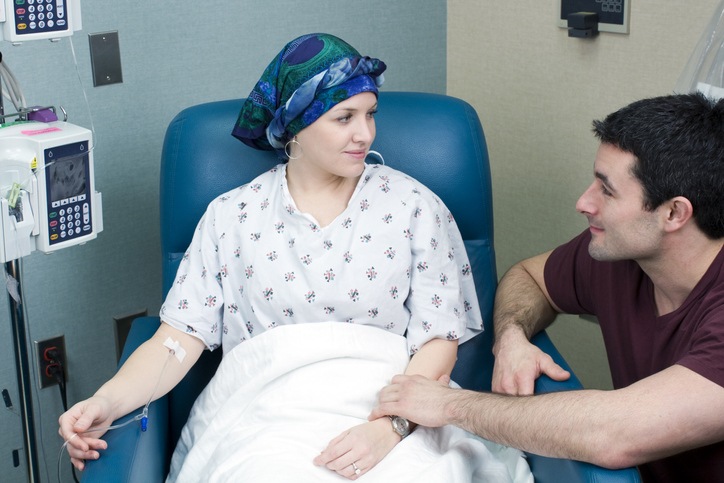
A randomized controlled trial (RCT) observed that a computer-based cognitive rehabilitation program may improve cognition for cancer patients treated with chemotherapy.
Cancer-related cognitive impairment, referred to as “chemobrain,” can impact numerous aspects of cognition, the researchers explained. An estimated 30% of cancer patients experience cancer-related objective cognitive dysfunction, but one of the most commonly reported symptoms is cognitive complaints. Three-quarters of patients who undergo chemotherapy report such complaints, either during or after treatment. Cognitive interventions appear to be a potential solution, but their effectiveness has yet to be demonstrated in large, randomized studies with an active control group for comparison.
The present study incorporated patients who underwent chemotherapy and shared complaints during or after treatment. They were randomized to either computer-assisted cognitive rehabilitation with a neuropsychologist (experimental group A), home cognitive self‐exercises (active control group B), or phone follow‐up (active control group C); all interventions were 12-week programs. The Functional Assessment of Cancer Therapy–Cognitive Function (FACT‐Cog) was used to evaluate subjective cognition, objective cognition was analyzed using neuropsychological tests, quality of life (QOL) was determined per the FACT-General, and psychological tests were administered to measure depression and anxiety. The main outcome measure was the proportion of patients who demonstrated a 7-point improvement in FACT‐Cog perceived cognitive impairment (PCI) score.
The study enrolled 167 patients in total with a median age of 51 years. Three-quarters of patients in group A achieved a 7-point PCI improvement, compared to 59% of group B and 57% of group C, although the researchers said this difference “was not statistically significant.” However, group A had a significantly higher mean difference in PCI score compared to the other groups (P=0.02) as well as better perceived cognitive abilities (P<0.01) and significantly improved working memory (P=0.03). QOL as it relates to cognition was higher in group A (P=0.01), as was improvement in symptoms of depression (P=0.03).
The study was published in Cancer.
“Our study is the first RCT with active control groups to show promising results for improving objective cognitive functioning, particularly working memory. It reinforces existing data on the beneficial effect of computer‐assisted [cognitive rehabilitation] programs on cognitive complaints, QOL related to cognition, and depression symptoms. Computer‐assisted [cognitive rehabilitation] appears to be an interesting option in the management of chemobrain for patients with cognitive complaints.”







 © 2025 Mashup Media, LLC, a Formedics Property. All Rights Reserved.
© 2025 Mashup Media, LLC, a Formedics Property. All Rights Reserved.